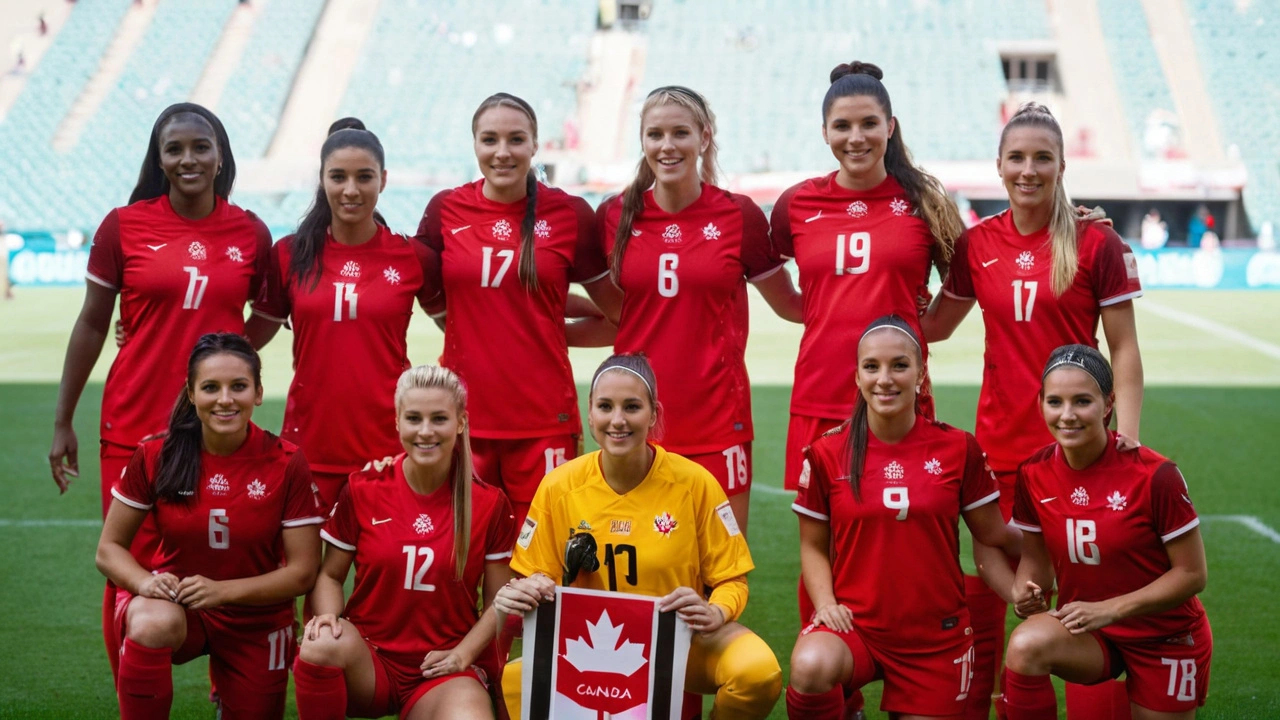Athlete Privacy: What It Is and Why It Counts
When you hear the word "privacy" you probably think of your phone or social media. For athletes, privacy is a whole other ball game. Their health records, contract details, and even personal habits can end up in the public eye, and that can hurt careers, negotiations, and mental health. In this guide we break down the main privacy risks for athletes and give you easy ways to keep personal info safe.
Common Privacy Risks Athletes Face
First off, health data is the biggest target. Teams, doctors, and media outlets often need medical updates, but if that info leaks, it can lower a player's market value or expose them to stigma. Second, contract clauses and salary figures are sensitive. When rivals or fans discover a hidden bonus, it can spark drama and affect locker‑room dynamics. Third, social‑media footprints matter. A careless post can lead to sponsorship losses or even legal trouble if it reveals location data during a game.
Another risk comes from wearables and tracking tech. Devices that monitor speed, heart rate, and movement generate valuable data for coaches, but the same data can be sold to third parties or used for betting. Finally, photo and video leaks are common. A simple locker‑room snapshot can become a viral meme, violating the athlete’s right to dignity.
How to Safeguard Athlete Privacy
Start with strong contracts. Make sure any agreement with a team, sponsor, or tech provider includes clear clauses about who owns the data and how it can be used. Ask for a “right to be forgotten” clause so you can request deletion of old records.
Use encryption for digital files. Whether it’s a PDF of a medical report or a spreadsheet of performance stats, storing them in an encrypted folder adds a solid layer of protection. If you’re using wearables, choose devices that let you control data sharing settings and regularly audit who has access.
Social media habits matter too. Encourage athletes to review privacy settings, limit location tagging, and think twice before posting anything that could be used against them. A quick rule: if a post could affect a contract negotiation, keep it private.
Know the laws. In many countries, data‑protection regulations like GDPR or local sports privacy statutes give athletes rights over their personal info. Staying informed helps you spot illegal data use early.
Finally, get professional help. Sports lawyers, data‑privacy consultants, and reputable PR teams can guide you through complex situations and prevent costly mistakes.
Bottom line: athlete privacy isn’t just a legal issue; it’s a part of keeping players healthy, focused, and respected. By understanding the risks and using simple protective steps, you can keep the spotlight where it belongs—on the game, not on private details.
Canada Women's Football Team Caught in Drone Surveillance Scandal at Paris 2024 Olympics
At the Paris 2024 Olympics, the Canadian women's football team became the center of a controversy when a drone was seen spying on their training session. Head coach Bev Priestman voiced her frustration over the intrusion. The incident raises significant concerns about athletes' security and privacy, prompting an investigation by the International Olympic Committee (IOC).
